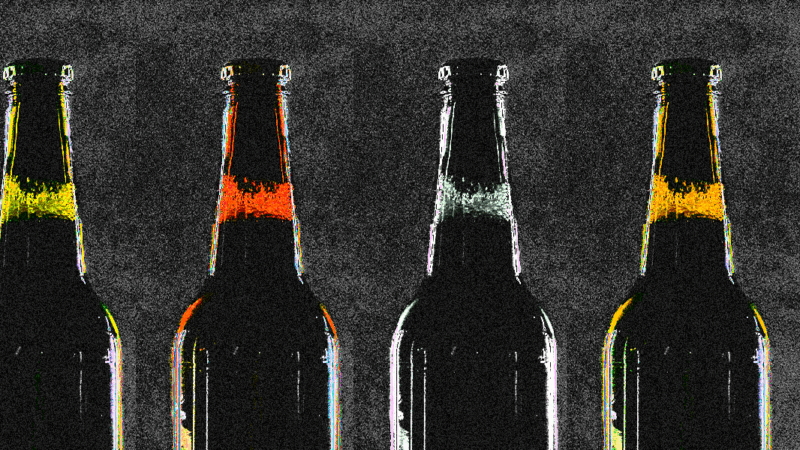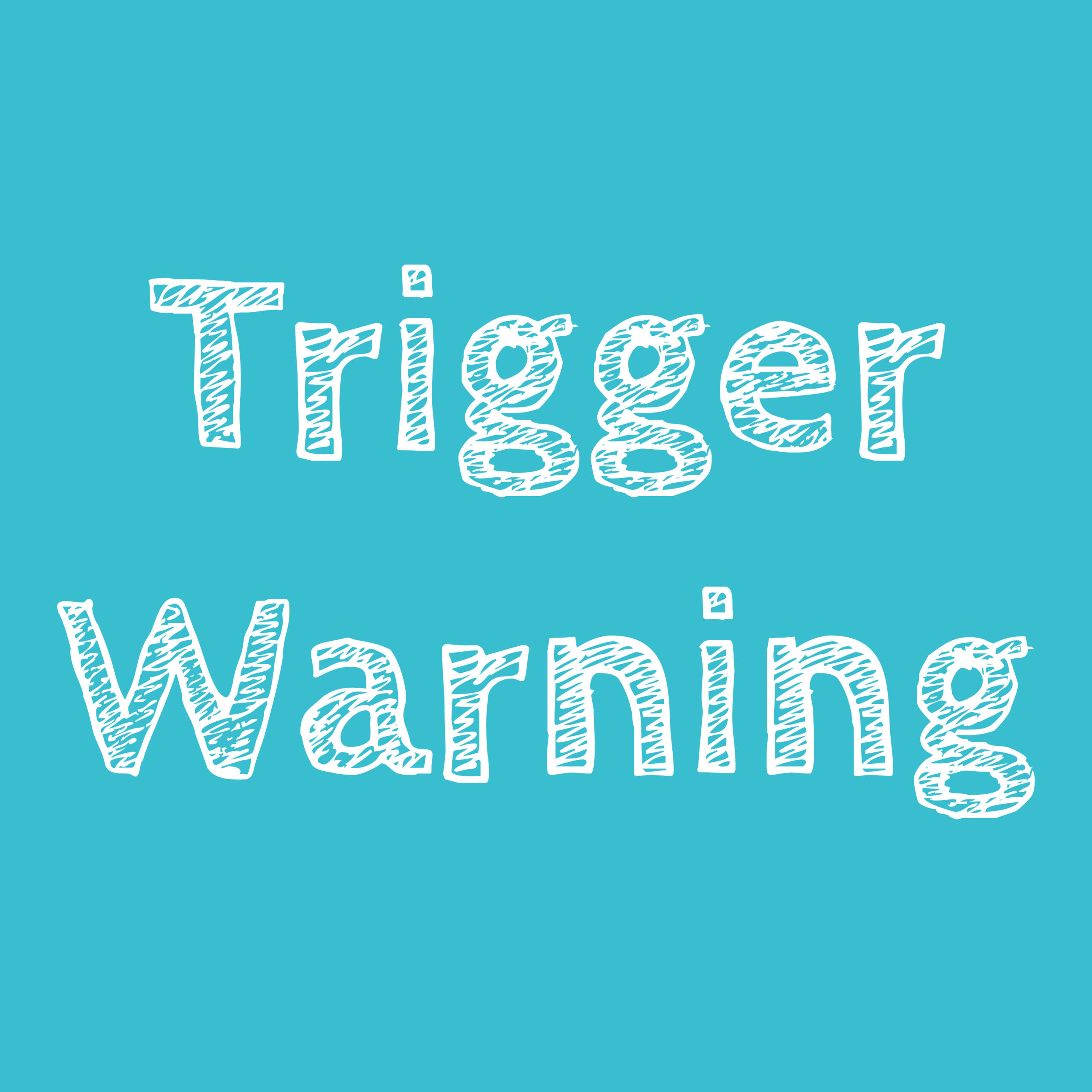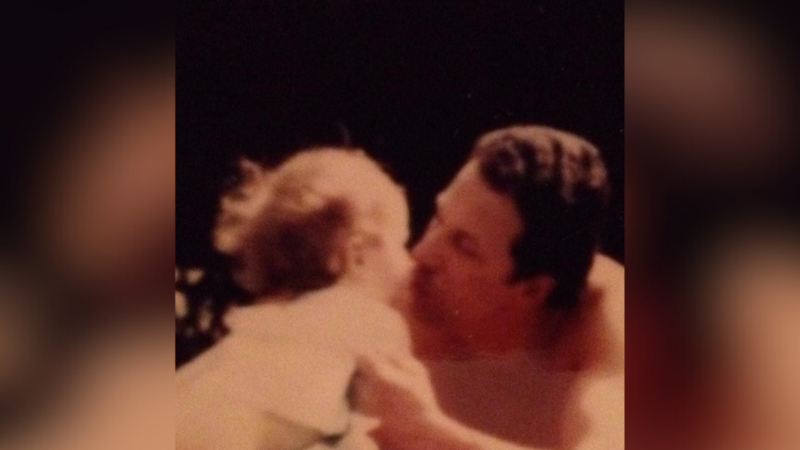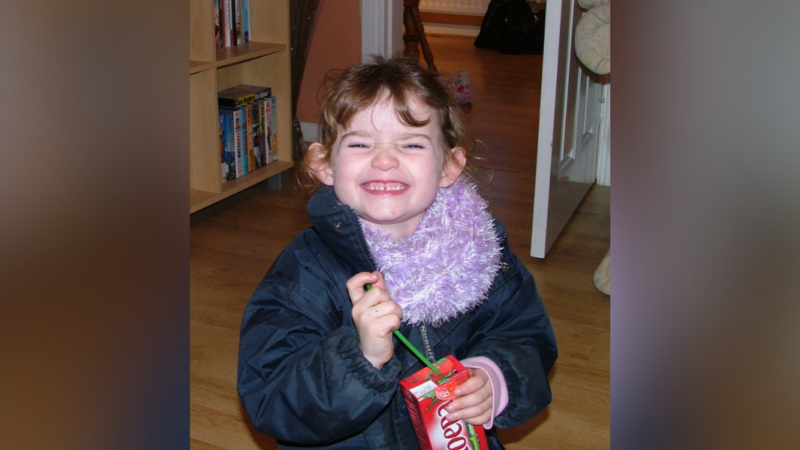

My dad was in India when I was born; it was the end of
World War II and I didn’t meet him until I was about eighteen months. My
memories of my childhood are intermittent. But certain memories are vivid. And
they scarred me for ever.
To this day, I am convinced that those nights, where I lay in my tiny damp
bedroom in our cramped little flat, waiting for the dreaded key in the door
when my dad would return from the pub, made such a terrible and powerful
impression on me that I truly believe I vowed, even as early as eight or nine,
that I would never ever inflict this kind of torture — of being a child of an
alcoholic parent — on a child myself — nor would I even venture into
marriage. And it’s true. In later years, I became pregnant more than once and
had many partners or boyfriends. But I never had children or a permanent
partner.
At 64, I am still haunted by those childhood memories of my father’s drinking.
I never knew what mood my dad would be in, would he be shouting at my mum —
who withstood my father’s drunkenness with an awesome level of tolerance — or
would he be happy, promising me to take me on outings on his days off —
promises which were forgotten along with the hangover the next
day. When you let a small child down that way, something is lost forever. Trust
never really comes back. My father was frequently verbally abusive, though I
never saw him hit my mum. He did hit me as a small child, but as I grew older,
the violence would be threatening — using hideous language which still has the
power to make me recoil — but he didn’t carry out the
threats. But the damage on a sensitive, only child had been done.
As a schoolchild, I dreaded events where parents could attend. If my dad came,
he’d be drunk, sing loudly and make a fool of himself. I didn’t want him there,
didn’t want to be different to everyone else — what child does?
As soon as I was old enough to, I’d avoid all family gatherings where he’d be
the only one of his siblings to be drunk and noisy. Everyone accepted that my
dad was The Drinker, his dad was one too and their ‘down the pub’ way of life
was largely accepted, it was what men did back then.
My mother is such a kind, loving and tolerant person, she never really
understood that my own personality was tainted for ever by my environment. My
dad was unbelievably possessive about both of us, behaving outrageously when I
started going out with boys. On one occasion, I came down the road late with a
new boyfriend. He stood there, fuming — and slapped my face. When boys would
ring and ask for me, he’d sometimes slam the phone down. I think my teenage
years were awful for my mum as she’d try to mediate between us.
I have never ever forgiven myself for my behaviour towards her as a teenager.
I’d slam doors, break things, scream, rant rave in frustration. Yes, typical
teenage behaviour. But oh so painful that you never forget it.
Yet like my father, I am emotional, lively, outgoing — and with an explosive
temper. And so, just like my father, as a way of escaping my background and
dealing with everyday life, as I grew up and went to work as a secretary, I
became a drinker in my early twenties. For years, the pubs,
the booze and casual flings with men dominated my social life. I found working
environments where drinking was a way of life, like Fleet Street. By the time
I’d reached my early thirties I was a very heavy social drinker with a
reputation for promiscuity and outrageous behaviour.
But I was lucky. I met many Australians in Fleet Street and, encouraged by a
group of Aussie friends, I made my way to Sydney, partly on impulse, mainly as
a real escape from my drunken dad and that awful flat.
By now, he had poor health as a consequence of his drinking. Being on the other
side of the world liberated me, an adventure I embraced wholeheartedly — I had
nothing to lose. My dad, whom I struggled to accept loved me very much, now
seemed to have an obsession that something terrible would happen to me: in my
first years there he’d see stories about some terrible accident in Sydney, then
start ringing my friends in London, utterly convinced I’d
been killed in a train crash or some disaster.
How glad I was to be so far away from him and his drinking. And how rotten it
must have been for my mum, putting up with him in that wretched, cramped East
End flat. Yet thousands of miles away in the sunshine, my own drinking was
gradually getting out of hand. After a few years away, I’d returned to London
for a long visit. I dreaded seeing my dad, so much so that I stayed
in a friend’s flat in central London for over a week before I could bring
myself to visit my parents. They lived just a couple of miles away.
Emotionally, I still wanted us to be thousands of miles apart. And how I hated
their flat, their environment.
I returned to Sydney after nine months. The last time I saw my dad he laughed
and waved as I drove off with a friend, back to a bright, sunny life in an
optimistic place where I’d started a career as a writer. Two years later, my
mother rang me to tell me my dad was dead at 68. It is
a terrible thing to say but after the call I realised that at last we were
free. The odd thing was, in the last couple of years of his life, he’d stopped
drinking and wrote letters saying: ‘how I wish I’d never been a drinker’
These letters imprinted themselves in my brain, so much so that when I started
to realise that my drinking was now problem drinking and sought help from a
counsellor, I understood that, in a way, the letters were a message. After
talking to the counsellor, who explained the progressive nature of alcoholism,
that my drinking was alcoholic and that there was only one cure: i.e. total
abstention, it all fell into place. My granddad had handed the drinking gene
down to my dad, who, in turn, had handed it down to me. I wasn’t going to hand
it down to anyone because I didn’t have or want children. But it was going to
stop. I had a new career as a writer and I saw, clearly, how drinking might
jeopardise that. The drink had to go if I was to pursue that career, a dream
I’d never dared to dream before – but one which was fast becoming a reality.
And yes, I stopped drinking completely. I have never had a drink – or been
tempted to drink at all — since that day back in 1982. Your life doesn’t
become perfect overnight without alcohol and like everyone, I’ve had my highs
and lows. But I can now look back on a very exciting career in
magazines and newspapers, work which took me everywhere, a way of life that
many would envy and a niche in the world which, back in the mid seventies,
you’d never have envisaged for a girl like me, uneducated — and from a home
with an alcoholic parent.
I
returned to live and work in London many years ago and my mother is now in her
nineties and in a care home. She never understood my drink problem — she never
saw the worst of it anyway — and she found another partner after my dad, a
kind and generous man who didn’t drink and had survived a concentration camp in
WWII. So she too found a different, happier way of life later on.
I understand now that my dad drank out of a mixture of fear, frustration,
shyness and a kind of desperation that I understand all too well — if the
sober world is too hard to face, you let the drink wash over you and blot it
out. After all, it was culturally acceptable. In a way, I can forgive the
alcoholic behaviour that scarred me so deeply. Even now, I still remember the
dreams I’d have as a child, waking up in that tiny bedroom screaming ‘leave me
alone’. I still don’t want to dig too deep to find out what that was all about.
But, in truth, I got what I wanted. I am now alone for most of the time. I
don’t like it. But it’s a sober alone. And nothing in the world would propel me
towards that first alcoholic drink again…..





























































































